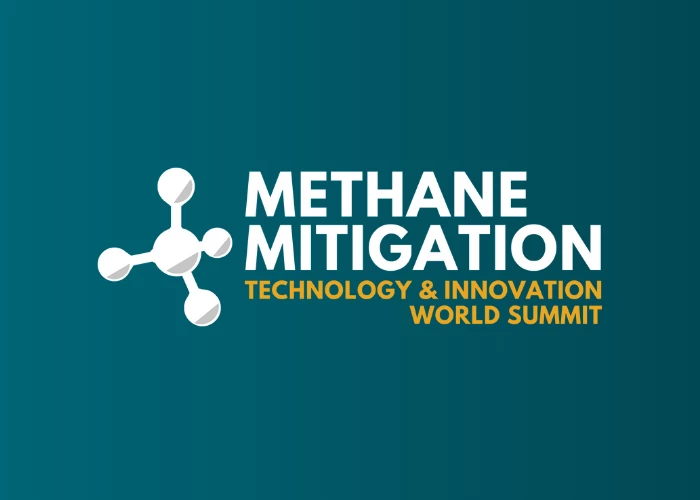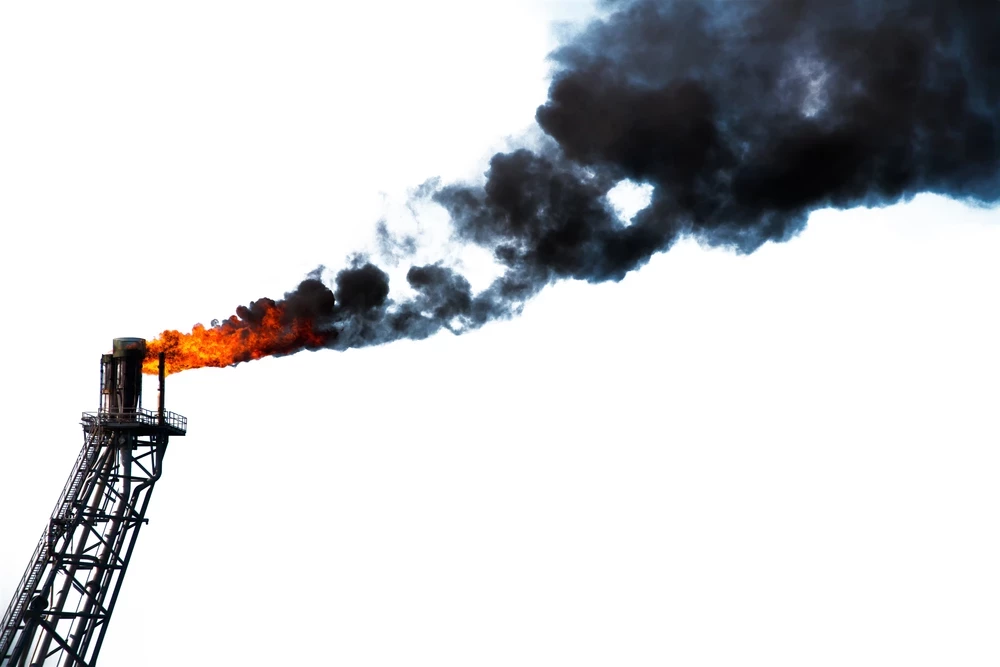High Pressure High Temperature Reserves Help Sustain UK Oil
Add bookmark
At one point, critics thought the UK's oil industry could be all but dead by the turn of the millennium, but with the development of new technologies allowing operators to access high pressure and high temperature reserves, the sector is still thriving.
"People thought it would be curtains by 2000 for this industry and its now 2009 and the platforms are still going out there, many of which have a future that could be for many decades," said Mike Tholen, economics director at Oil and Gas UK.
"Thanks to ever more sophisticated technology, important amounts of oil and gas could be drawn for anything up to 50 years. New discoveries are still being made and the industry is now well established west of Shetland in the Atlantic," he added.
"Engineering advances in deepwater drilling and facilities, along with new ways to develop high pressure and high temperature fields, have increased available reserve," commented Phil Goddard, director of the Energy Industries Council.
Ithaca and Maersk Oil Deal
Figures from Deloitte showed that offshore exploration and appraisal activity in the UK Continental Shelf (UKCS) rose by 75 percent in the third quarter of the year.
The reported revealed a total of 28 exploration and appraisal wells were spudded between July and September.
"Looking ahead, it is hoped that the more secure financial markets coupled with a consistent oil price will have an overall positive effect on the exploration and appraisal activities in the UKCS," said Derek Henderson, senior partner for Deloitte in Aberdeen.
In addition, Ithaca Energy recently signed a deal with Maersk Oil Exploration UK to purchase the entire 33.33 percent working interest of the latter company in the Stella discovery and undeveloped Harrier and Hurricane fields.
Ithaca has also singed a Letter of Intent that provides Maersk Oil with a stand-alone option to access the high pressure, high temperature reserves in the blocks 29/4b and 29/5e in the UKCS.
Through the deal, Ithaca will carry on exploration drilling of the high pressure, high temperature reserves in these blocks unless Maersk Oil decides to exercise the option to take on the operation.
In another example of the efforts being made in exploration of high pressure, high temperature reserves, Castrol recently announced that it has upgraded the Sub Surface Safety Valve (SSSV) test facilities at its International Testing Facility in Pangbourne.
The SSSV acts as the final line of defence and seals the well in the event of an emergency, allowing subsea control fluids to be subjected to the increasingly extreme conditions found in oil and gas exploration in high pressure, high temperature reserves.
"Many upcoming deepwater projects fall into extreme high pressure and high temperature conditions," said Chris Morrissey, subsea technology team leader for Castrol Offshore.
"Ensuring that control fluids work reliably under these extreme conditions is critical for the safety and reliability of the production system. Loss of function or excessive leakage can lead to lost production, with intervention work being both difficult and extremely expensive," he added.
Funding High Pressure High Temperature Reserves
A potential concern for the UK industry now is funding, or lack of it. Oil and Gas UK said the current qualification criteria for new high pressure, high temperature reserves was not helping to boost spending.
April's Budget announced the introduction of a new field allowance to encourage investment in more difficult and expensive opportunities, including high pressure, high temperature reserves. However, Oil and Gas UK believes the new field allowance is "wholly ineffective" as it is "nearly impossible" to identify a field which meets the current criteria.
"Oil and Gas UK is now working with members to seek to broaden the criteria and make the high pressure, high temperature new field allowance more accessible. The objective is to make a new submission by end of October," the organisation said.
The group has already written to the Treasury requesting that the qualifying limits prescribed in the Finance Bell are lowered and the requirement to meet the temperature and pressure limit removed.
"This should increase the impact of the allowance and promote development of high pressure, high temperature fields which will otherwise not proceed in the current business environment," it added.





















